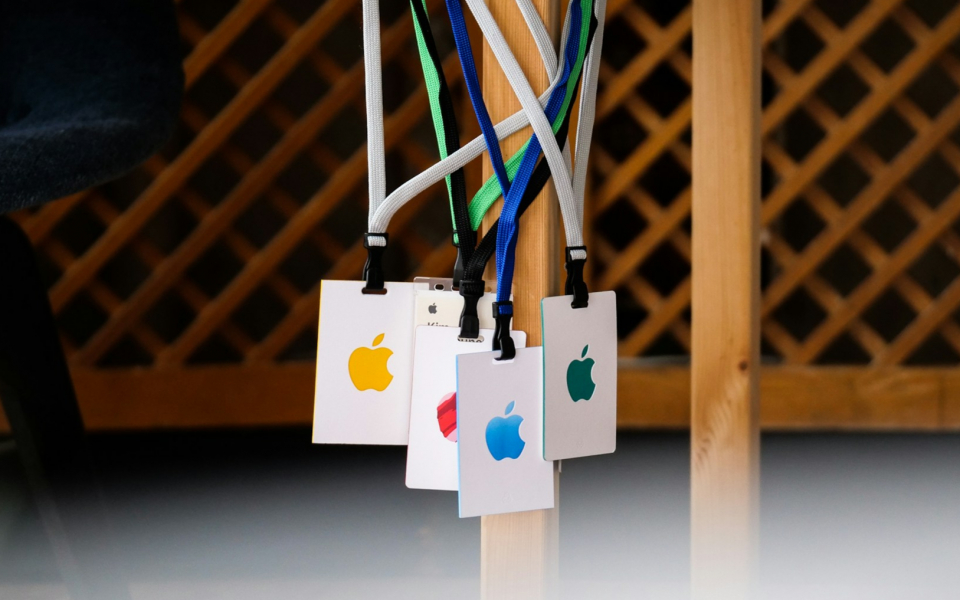In a strategic move to diversify its production, Apple Inc.
What Happened: On Wednesday, Apple CEO Cook revealed potential plans to explore manufacturing opportunities in Indonesia. This announcement follows his meeting with Indonesian President Joko Widodo, CNBC reported on Wednesday.
"We talked about the president's desire to see manufacturing in the country and it's something that we will look at," he said.
"I think the investment ability in Indonesia is endless. I think that there's a lot of great places to invest. And we're investing. We believe in the country."
During a press briefing, Cook expressed that Apple is considering the president's interest in bringing manufacturing to Indonesia.
"It's something that we will look at," he stated, acknowledging the country's investment potential.
Cook's comments come amid Apple's strategy to reduce its dependency on Chinese manufacturing, a move accelerated by the Covid-19 pandemic's impact on supply chains. The tech giant has been expanding its production footprint, with Vietnam emerging as a significant manufacturing hub for Apple products like the MacBook and Apple Watch.
Why It Matters: Apple's diversification efforts are crucial as the company aims to mitigate risks associated with over reliance on a single market for its production needs. The move to explore Indonesian manufacturing options underscores the company's commitment to investing in new regions and bolstering its global supply chain resilience. The tech giant's pivot away from China has already shown promising results, with a significant portion of iPhones now being produced in India.
Earlier this month, Cook's visit to Vietnam signaled an increased commitment to the Southeast Asian region, with plans to enhance the company's commitments in Vietnam. This strategic shift not only diversifies Apple's manufacturing base but also taps into new markets, potentially reducing production costs and circumventing geopolitical tensions that have affected its operations in China.















